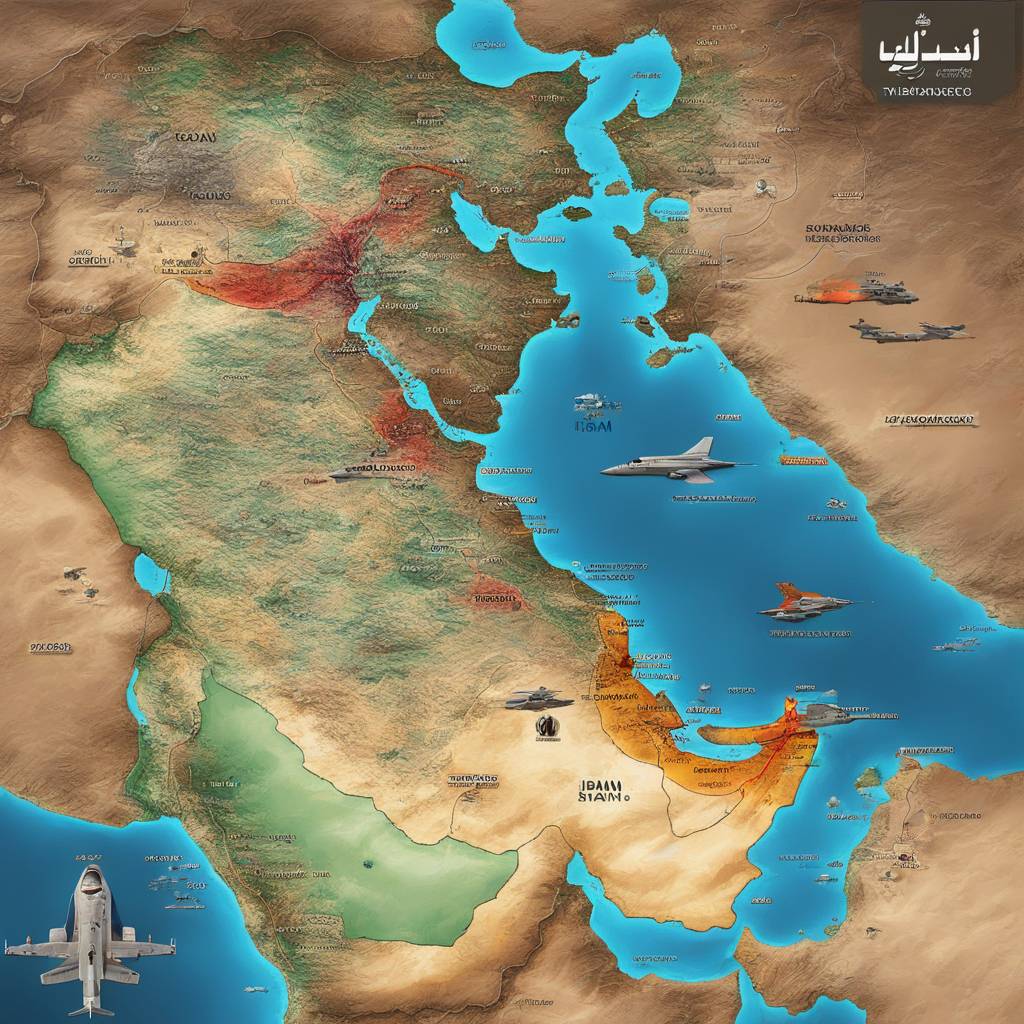President Ebrahim Raisi of Iran vowed that Israel’s airstrikes on an Iranian embassy compound in Damascus, Syria, which resulted in the deaths of three top Iranian commanders, will not go unanswered. This resulted in demonstrations by government supporters calling for retaliation against Israel. The strike, one of the deadliest in the ongoing shadow war between Israel and Iran, killed three generals in Iran’s Quds Force and four other officers. Raisi condemned the assault as a violation of international law, but did not specify how Iran would respond. Iran’s Foreign Minister summoned the Swiss ambassador to deliver a message to Washington that the U.S. should answer for Israel’s actions as its ally.
As news of the airstrike spread, large crowds gathered in cities across Iran waving Palestinian and Iranian flags and calling for revenge against Israel and the United States. Chants of “Death to Israel” and “Death to America” filled the air as protesters urged Supreme Leader Ayatollah Ali Khamenei to declare jihad against Israel. The strikes coincided with two important holidays in Iran, a religious Shia holiday and a national day of nature. Some opposition groups in Tehran were seen celebrating in parks until security forces dispersed them.
The United Nations Security Council scheduled an emergency meeting to discuss Israel’s attack, with Russia, a close ally of Iran, requesting the session. Iran’s U.N. ambassador condemned the attack as a violation of international law and the U.N. charter, threatening the peace and stability in the region. It remains unclear how Iran will respond to the airstrikes, whether through a direct military attack on Israel, risking broader conflict, or through its support of militant groups in the region. Hezbollah, a Lebanese Shia militia backed by Iran, vowed that the attack on its diplomatic buildings will not go unpunished.
The U.S. government denied involvement in the strike, with a spokeswoman for the National Security Council stating that they had no prior knowledge of the operation. A U.S. official confirmed that this message had been communicated directly to Iran. The Iranian Parliament affirmed that an appropriate response to the attack was a national request by the people of Iran. President Raisi’s administration emphasized that the assault on the embassy was a serious violation of international law.
President Raisi’s comments, along with those of other Iranian officials, reflected the strong condemnation and determination to respond to the airstrikes on the Iranian embassy compound in Damascus. The ongoing shadow war between Iran and Israel has escalated with this attack, prompting calls for revenge and national solidarity in Iran. The emergency meeting at the U.N. Security Council underscores the significance of the incident, with concerns over the potential for further destabilization in the region. How Iran chooses to respond to this attack will have far-reaching implications for the already tense situation in the Middle East.








